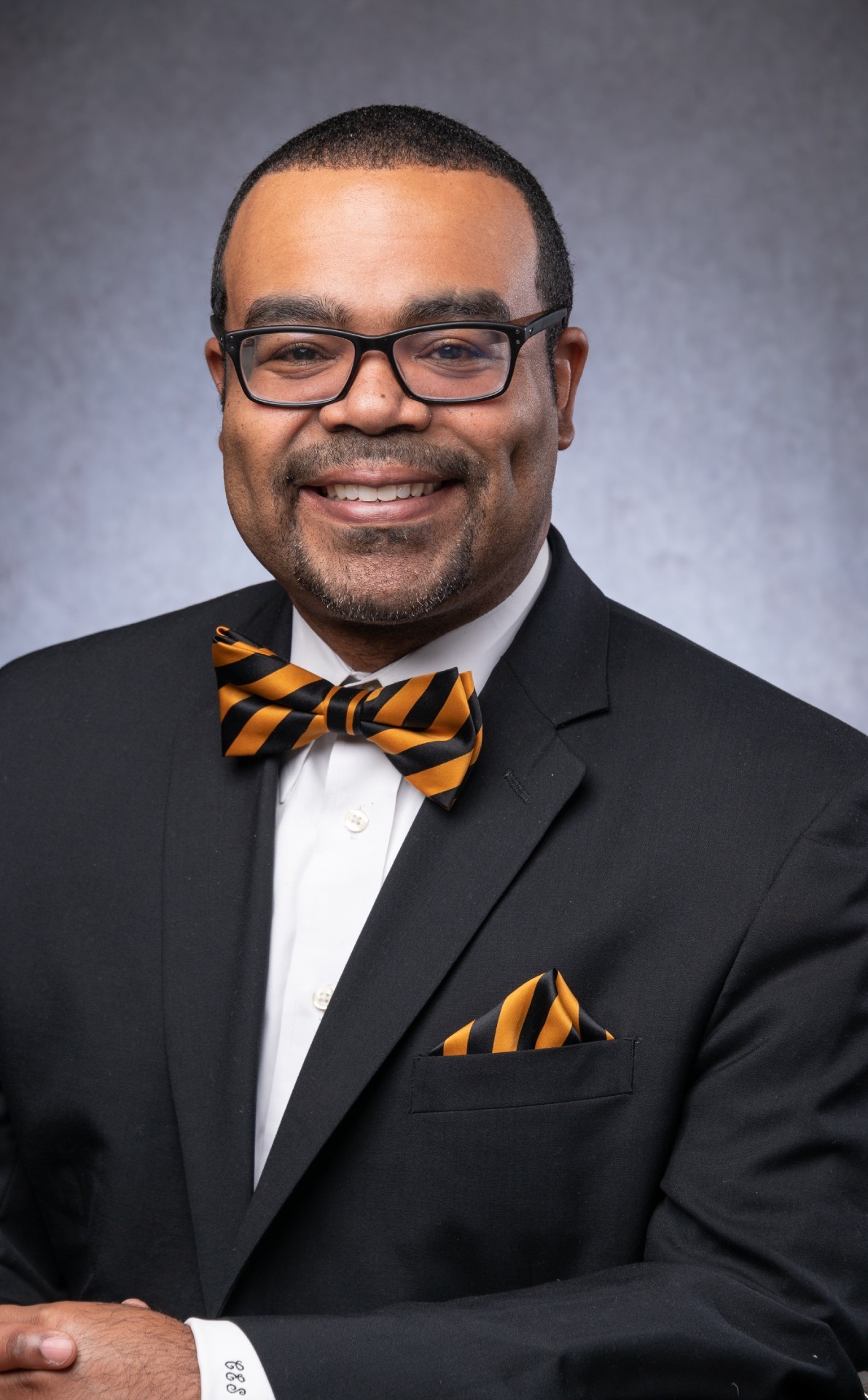Politician for the People
Maryland State Senator Charles Sydnor III discovered his political gifts as an undergraduate at Johns Hopkins. A native of Baltimore, he quickly became active with the Black Student Union, serving first as its education chair, which led to a job helping the Office of Admissions recruit African American students from city high schools. By his senior year he was elected president of the BSU. A highlight of that tenure was inviting Black Panther Party co-founder Bobby Seale to a packed Shriver Hall, in February 1996. He also supported a sit-in protest at the Eisenhower Library seeking recognition of Black History Month. “It was an interesting time to be at Hopkins,” he mused.
Sydnor also developed a passion for history at Hopkins and was particularly drawn to learning about the civil rights movement. For his thesis, he wrote about one of the first attempts to desegregate Johns Hopkins University in the 1930s. While doing that research, he learned about Fred Scott, the university’s first African American graduate.
“As president of the BSU, I had the opportunity to meet some of our older alums,” he recalled. “They had just started having this annual dinner and invited me and the chairs of some of the other Black organizations. They made me feel right at home. It was an opportunity to meet the founders of the Black Student Union and learn about that time in the history of the school. I think they valued my presence because I knew some of the earlier history,” Sydnor explained. “At the time, they weren’t called the Fred Scott Brigade—his story had yet to be told. When I shared my research with them about Mr. Scott, they invited him to the dinner, and he and his wife attended every year after that. At some point our group honored him by naming ourselves The Fred Scott Brigade.”
After graduation, Sydnor earned a law degree from the University of Maryland. Since 2001, he has been an attorney at Enterprise Community Investment, Inc. in Columbia, MD, which helps provide technical assistance, loans, and/or grants for development, construction, and management of the affordable housing industry. He also became active behind the scenes in local politics and began thinking about how to use his history degree to spark interest in educational policymaking. He was elected to the Maryland House of Delegates in 2014 and was named to replace his state senator when she retired in 2019.
Sydnor grew up in West Hills, the farthest community in the southwest section of Baltimore City near the city-county boundary. “It means a lot to represent my hometown. I tell my constituents that I am the reification of regionalism.” Redistricting now confines Sydnor’s legal representation to Baltimore County but, he says, “I joke with people in Baltimore City that, whatever’s going on, they’ve still got my support.”
